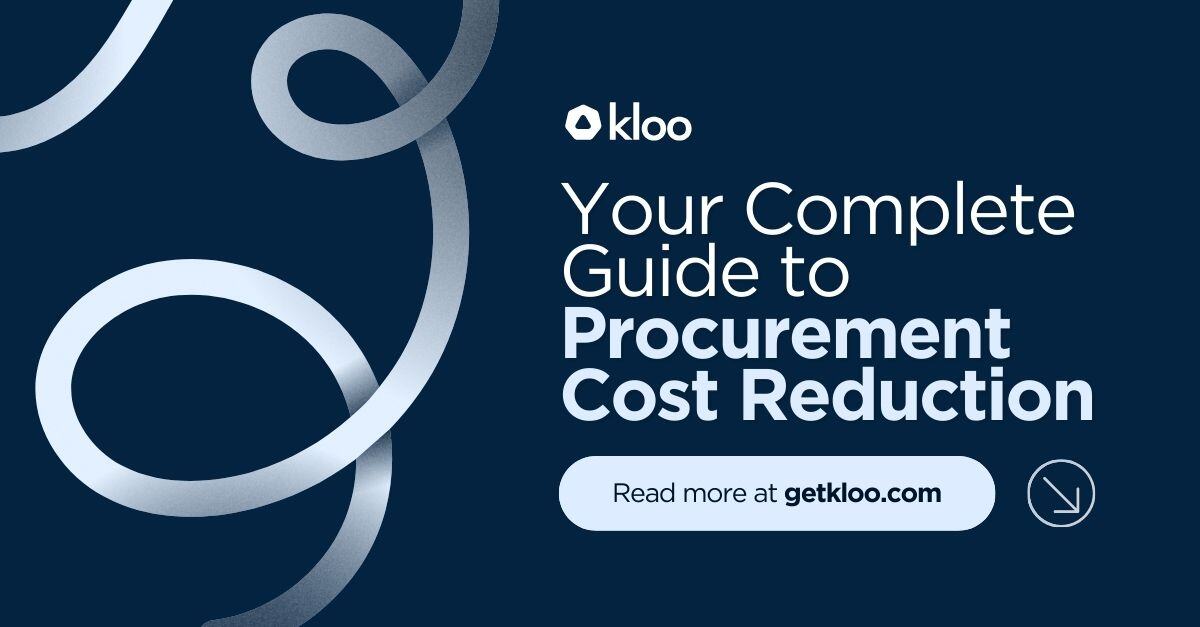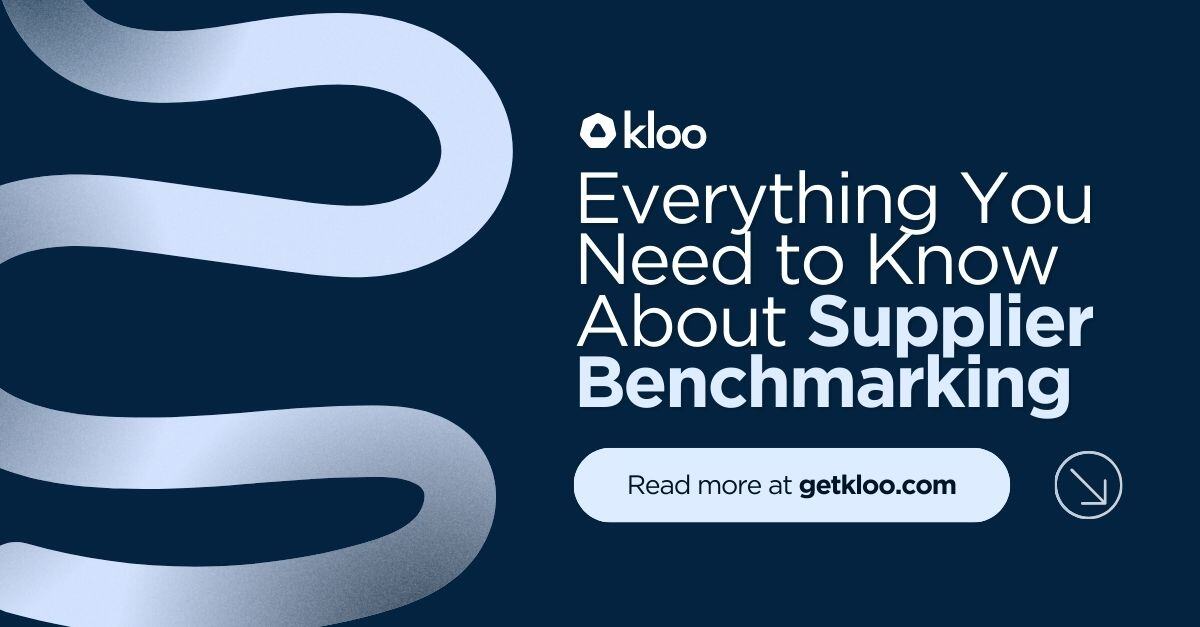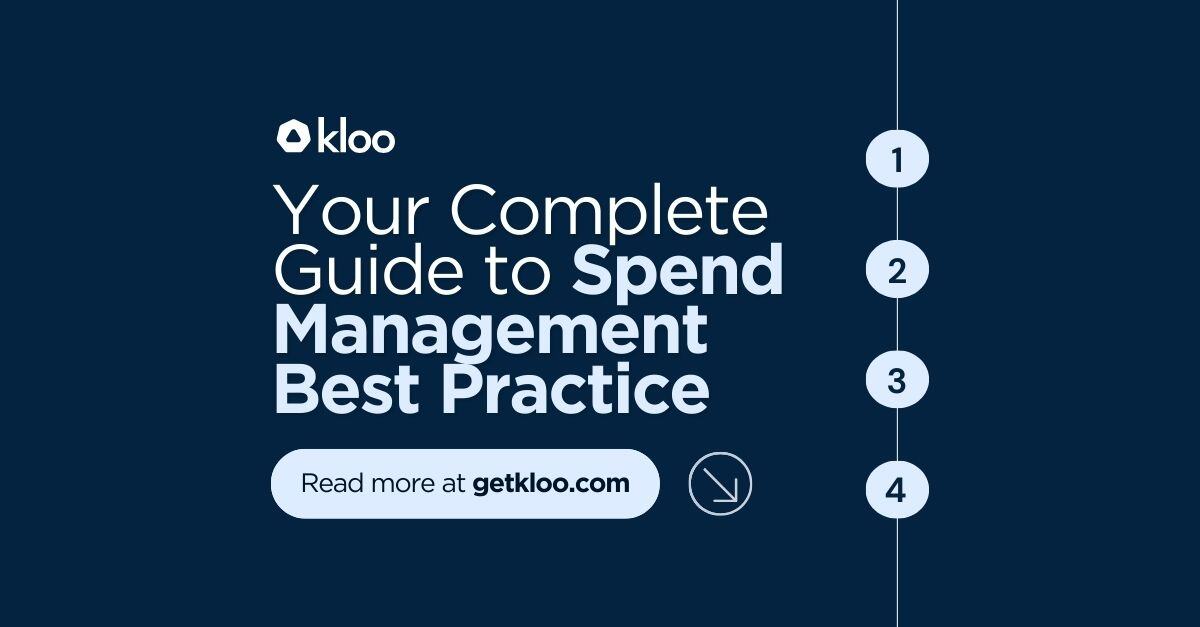
Supplier Negotiations: Everything You Need to Know

Supplier cost negotiation is a key component of the spend management process that involves identifying potential areas to save on company-wide costs and get the most ROI from supplier spend. Successful negotiation helps mitigate further performance, schedule, scope, and service issues. This article will cover the importance of supplier cost negotiation, tips towards achieving best practice and to improve and streamline the supplier negotiation process by implementing cost-saving procurement strategies.
What is supplier cost negotiation and why is it important?
Supplier cost negotiation is the process of discussing and agreeing on prices, terms, and conditions with suppliers to achieve the most favourable outcome for the business. It is a crucial aspect of the spend management process that ensures companies do not overpay for goods and services, thereby protecting profit margins and optimising operational costs.
Uncontrolled or maverick spending on supplier costs can have detrimental long-term effects on a company's annual spend. In fact, according to a research study run by Vertice, nearly $3.5 million of SaaS supplier spend is wasted per year across mid- to large-enterprise businesses. Therefore, effective supplier cost negotiation helps in mitigating these unnecessary expenses, fostering stronger supplier relationships, and ensuring that procurement activities align with the company’s financial goals. Let's uncover first what best practice looks like for supplier negotiations.
What does supplier negotiation best practice look like?
Best practice in supplier negotiation involves a strategic and systematic approach. Key elements include:
- Preparation and Research: Understanding market conditions, supplier capabilities, and benchmarking prices are essential steps before entering negotiations. This ensures that negotiators are well-informed and can argue from a position of strength.
- Clear Objectives: Setting clear, achievable goals for the negotiation process helps in maintaining focus and direction. This could include specific cost savings targets, improved payment terms, or enhanced service levels.
- Building Relationships: Establishing and maintaining positive relationships with suppliers can lead to more collaborative and mutually beneficial negotiations. Trust and transparency are crucial in achieving long-term agreements.
- Effective Communication: Clear, concise, and honest communication ensures that both parties understand each other's needs and limitations, facilitating smoother negotiations.
- Flexibility and Creativity: Being open to alternative solutions and creative compromises can often lead to better outcomes than rigidly sticking to a predefined plan.
How to implement effective cost reduction strategies
Implementing effective cost reduction strategies involves a combination of tactical and strategic actions:
- Spend Analysis: Conduct a thorough spend analysis of current spending patterns to identify areas of inefficiency or overspending. This data-driven approach helps in pinpointing specific opportunities for cost savings.
- Supplier Cost Benchmarking: Leveraging cost benchmarking insights into your supplier spend data can help you identify which suppliers you are spending the most on to aid your consolidation and negotiation efforts.
- Competitive Bidding: Regularly inviting multiple suppliers to bid for contracts ensures competitive pricing and can drive down costs.
- Long-Term Contracts: Negotiating longer-term agreements with suppliers can often result in better pricing and terms, as suppliers value the stability and predictability of ongoing business.
- Continuous Improvement: Regularly reviewing and refining procurement processes and strategies ensures that cost reduction efforts remain effective and aligned with changing market conditions.

Leveraging AI automation for cost reduction
Leveraging AI automation for cost reduction is a game-changer for procurement professionals, AP managers, and CFOs. By integrating AI technologies into procurement processes, businesses can unlock significant efficiencies and savings. AI-powered tools, like those offered by Kloo, enable companies to perform in-depth spend analysis, revealing insights that are critical for identifying cost-saving opportunities. Generative AI (GenAI) enhances supplier negotiations by analysing vast datasets to craft optimal strategies that ensure the best terms and prices. Natural Language Processing (NLP) simplifies purchase requests, reducing errors and speeding up approval workflows.
Furthermore, AI-driven supplier cost benchmarking tools provide a clear comparison of spending against industry standards, highlighting areas for improvement. Automating early approval processes with behavioural nudges ensures timely decisions, reducing bottlenecks. AI also plays a crucial role in fraud detection, monitoring transactions for anomalies and safeguarding against financial losses. By consolidating purchases and streamlining management systems, companies can achieve better terms, reduce administrative burdens, and foster stronger supplier relationships. Adopting these AI-driven strategies not only enhances operational efficiency but also ensures a competitive edge and sustainable cost reductions.
How Kloo streamlines supplier cost negotiation
Kloo’s innovative AI-driven platform transforms the supplier cost negotiation process, making it more efficient and effective. Kloo automates data collection and analysis, providing procurement teams with real-time insights into spending patterns and supplier performance. This data empowers negotiators with the information they need to drive better deals. Additionally, Kloo’s AI tools assist in identifying optimal negotiation strategies and predicting supplier responses, ensuring that every negotiation is approached with a high level of preparedness and confidence.
Check out our Purchasing Copilot Negotiation Checkpoint demo to see how Kloo's technology simplifies and enhances the negotiation process.
The bottom line
Supplier cost negotiation is a vital component of procurement management that can significantly impact a company’s financial health. By adopting best practices for supplier negotiation, implementing effective cost reduction strategies, and leveraging Kloo’s advanced AI automation, businesses can achieve substantial cost savings, enhance supplier relationships, and maintain a competitive edge. Effective supplier cost negotiation not only optimises expenditures but also contributes to the overall strategic success and sustainability of the organisation. Embracing these practices ensures that companies are well-positioned to navigate the complexities of the modern procurement landscape.
Let's get started


